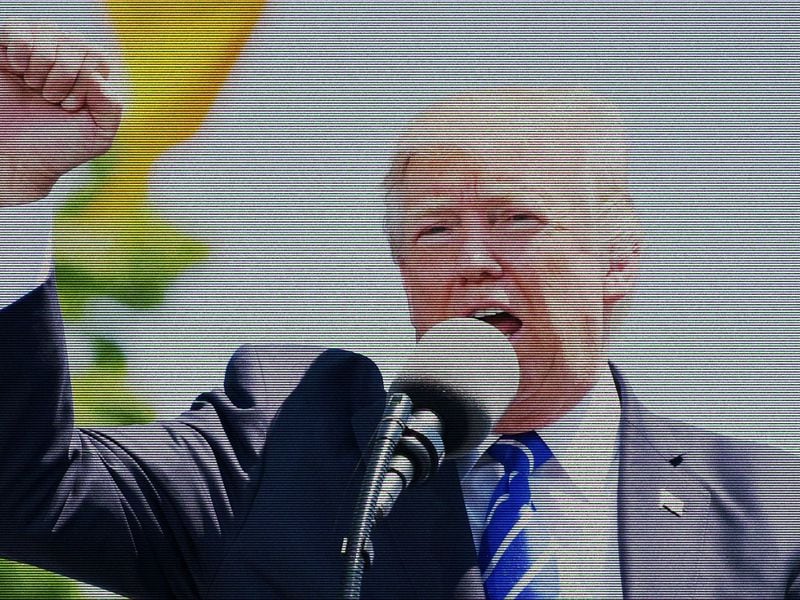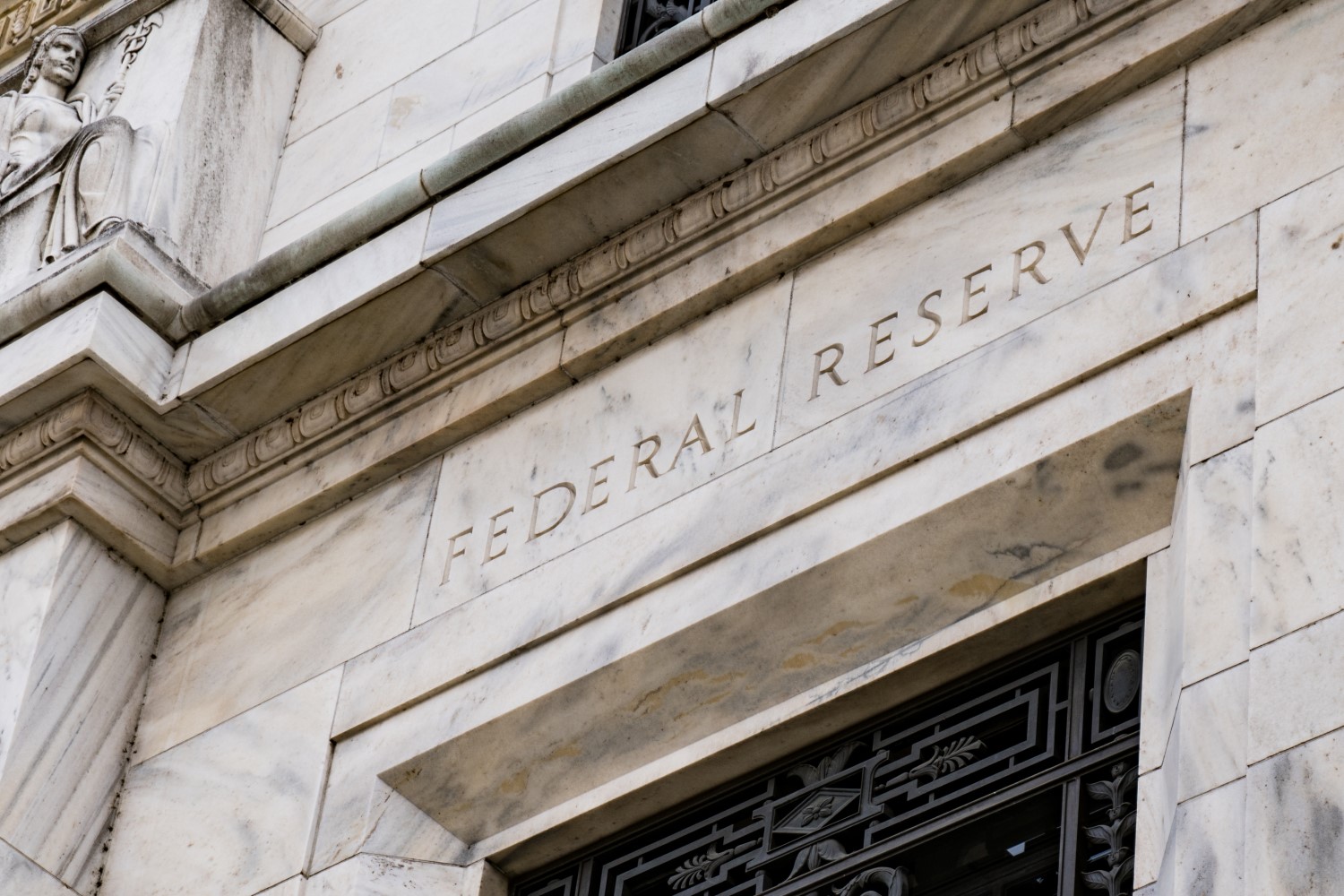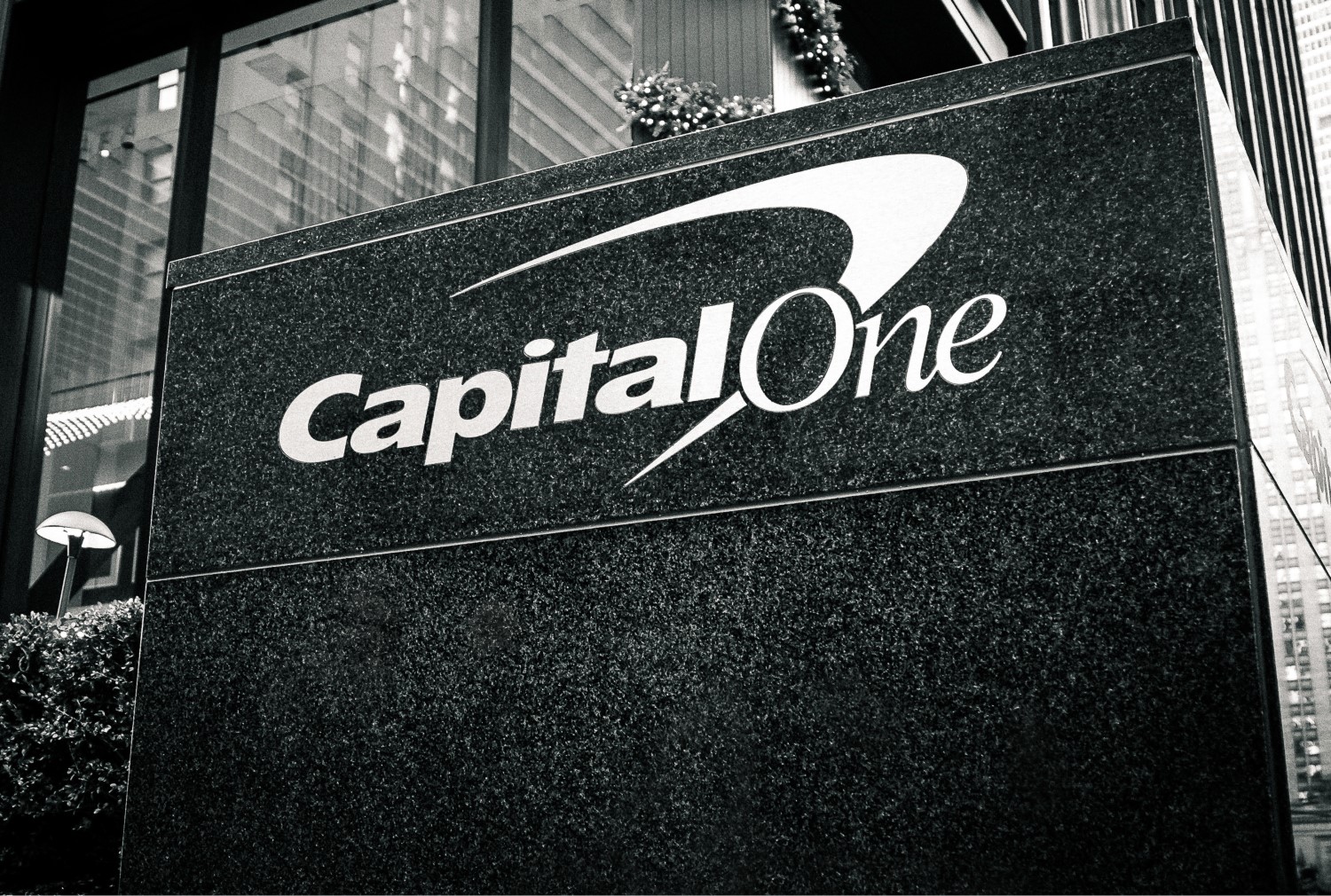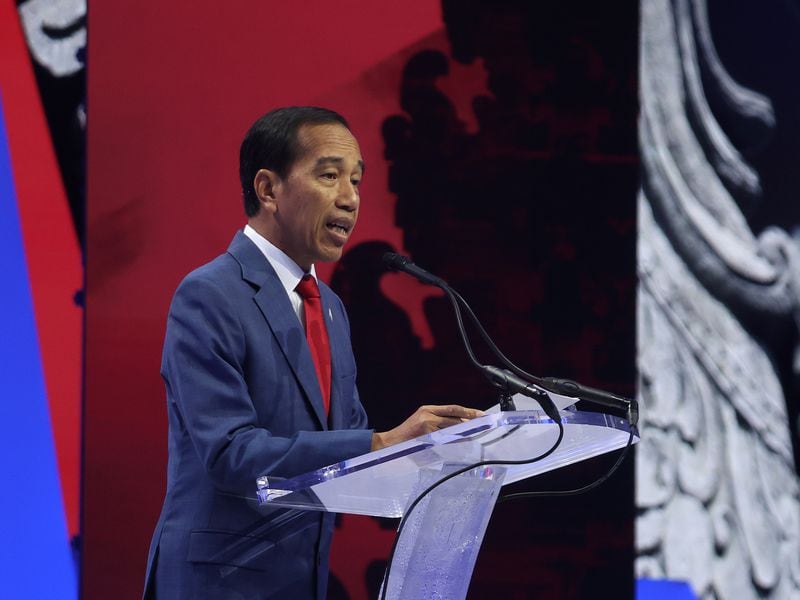DeFi to Have ‘Walled Garden’ Moment as Internet of Money Matures: dYdX’s D’Haussy
-
DeFi today is where the internet was in the 1990s, and DeFi has a lot to learn from its growth.
-
DeFi and CeFi both have different roles to play, and the market needs both he argues.

01:49
Mega ETF Inflows and Bitcoin Wallet Activity Signal Further Bullishness

03:12
MicroStrategy Plans to Raise $42B to Buy More BTC; Robinhood, Coinbase Shares Fall After Earnings

20:28
The Evolution of Bitcoin L2s: Muneeb Ali on Stacks’ Nakamoto Upgrade

02:19
Spot Bitcoin ETFs Record $870M Inflows as BTC Tests All-Time High
HONG KONG — Regulations and increasing demand for consolidated products could propel growth in the niche decentralized finance sector (DeFi), one that’s stuck in a market lull in the past year but could have its “internet” moment as retail offerings grow.
That’s the view held by Charles D’Haussy, CEO of the dYdX foundation, which supports the development of the onchain perpetual trading protocol dYdX – one of the first such platforms that currently boasts $266 million in locked value, according to DeFi Llama data, and has a $674 million market capitalization by token value.
D’Haussy spoke to CoinDesk at the sidelines of the Hong Kong Fintech Week earlier this week, predicting growth in the DeFi market to be similar to the internet’s recent years – where people interact mainly using application instead of web explorers or browsers.
“The internet, in my opinion, is becoming the split internet, with walled gardens…People don’t go to web explorers; they go into apps,” he said in an interview with CoinDesk. “The internet’s evolution into silos shows a massive change in how web products are distributed, and DeFi needs to follow users into these spaces.”
D’Haussy sees parallels between the regulatory evolution of the internet and DeFi.
In the 1990s, regulators struggled to understand and control the decentralized nature of the internet, seeking a “CEO of the internet” that didn’t exist, and eventually shifted focus to regulating access providers like AOL and ISPs, he explained.
While DeFi operates as an open, unpredictable financial ecosystem without central control, regulators will not target the protocols themselves but will instead focus on centralized finance (CeFi) platforms and other gateways as points of regulation, he argued.
“The distribution of DeFi is evolving. CeFi could fill the gaps by providing a bridge for users who want decentralized options within regulatory limits. When Binance or another exchange enables a non-custodial wallet, it lets users do more with DeFi than CeFi regulations alone allow,” D’Haussy said.
And once the market figures out how to integrate CeFi and DeFi, working out the regulatory and technical challenges, we’ll have the future of finance, he concluded. Where will this happen? Probably in Hong Kong – one of crypto’s most strategic and important hubs.
Edited by Parikshit Mishra.
Disclosure
Please note that our
privacy policy,
terms of use,
cookies,
and
do not sell my personal information
have been updated
.
CoinDesk is an
award-winning
media outlet that covers the cryptocurrency industry. Its journalists abide by a strict set of
editorial policies.
CoinDesk has adopted a set of principles aimed at ensuring the integrity, editorial independence and freedom from bias of its publications. CoinDesk is part of the Bullish group, which owns and invests in digital asset businesses and digital assets. CoinDesk employees, including journalists, may receive Bullish group equity-based compensation. Bullish was incubated by technology investor Block.one.
:format(jpg)/s3.amazonaws.com/arc-authors/coindesk/6c6bb5af-692c-4fcf-9f8b-a75d0549effd.png)
Shaurya is the Deputy Managing Editor for the Data & Tokens team, focusing on decentralized finance, markets, on-chain data, and governance across all major and minor blockchains.
Follow @shauryamalwa on Twitter
:format(jpg)/s3.amazonaws.com/arc-authors/coindesk/ff7c302f-d3ab-4905-92e1-2f7f5106d13c.png)









